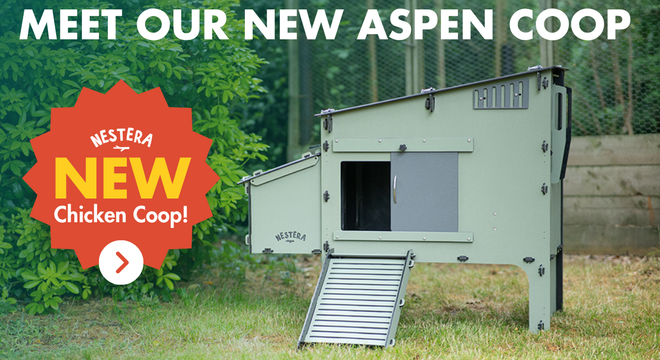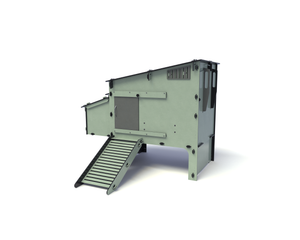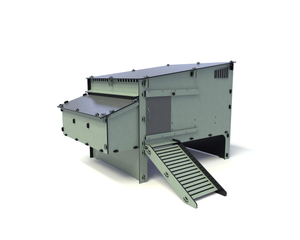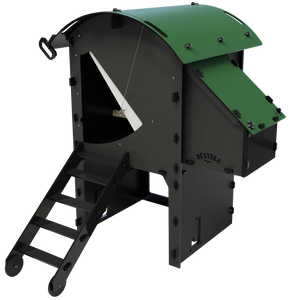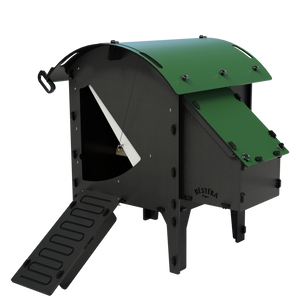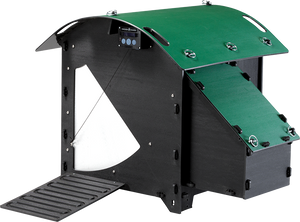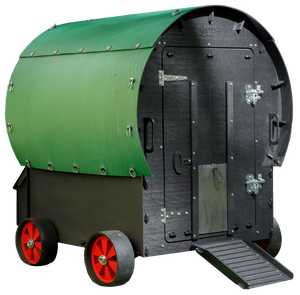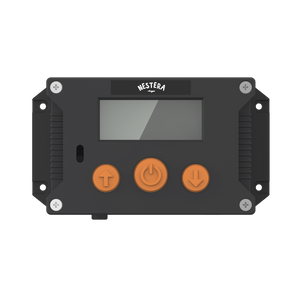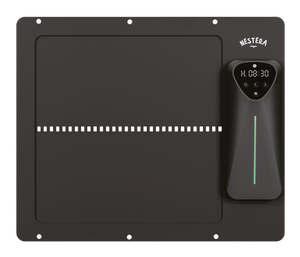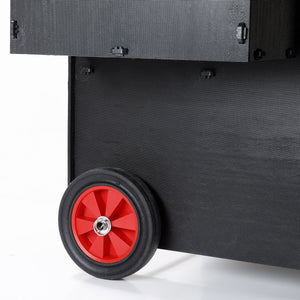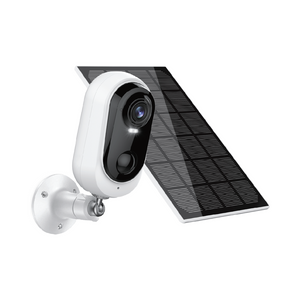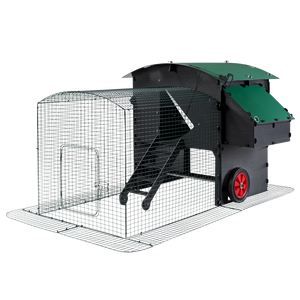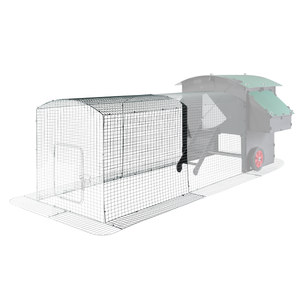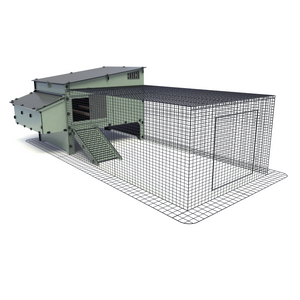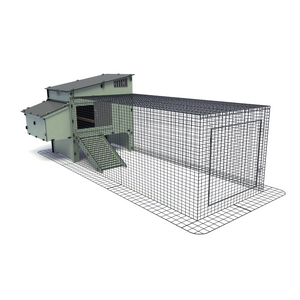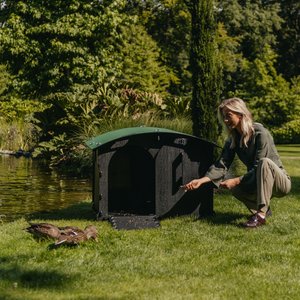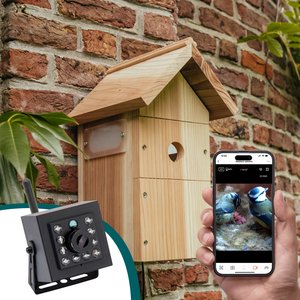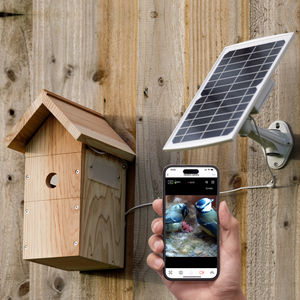Flockdown: Everything Back Garden Chicken Keepers Need to Know About Bird Flu
Unfortunately, bird flu is on the rise worldwide. It can be a worrying topic for many, especially anyone new to keeping chickens. Here at Nestera, animal welfare is our absolute number one priority, so we’ve compiled a list of essential things you need to know (and do) to ensure your flock is kept as safe as possible.
Firstly, there are two important things to remember:
-
‘Bird flu’ and ‘avian influenza’ (AI) are the same thing.
- Despite the increase in cases, the chance of a back garden flock catching the virus are low. If keepers follow good biosecurity and any housing orders, it’s extremely low.
Biosecurity
Use ONE dedicated pair of boots to tend to your birds. Keep the boots clean and disinfect them on the way in and out of your enclosure using a foot bath and disinfectant, which should be changed often.

Credit: Lisa Steele
Keep feeders and drinkers away from wild birds and rats, clean and disinfect them regularly, and discard any unused food and water. The sheltered area underneath our Raised Coop is ideal for this. The 3m Run we offer for our Large Raised Coop protects your birds’ food and drink from contamination by wild birds and rats by featuring a lockable rear hatch.
Housing Orders
Housing orders come from the government and are compulsory. This does not mean that your flock should be locked in their coops, but does mean that you should stop free-ranging them and keep them separate from wild birds.
Our 3m Run is ideal for providing a secure outdoor space, and can be extended as far as you like in additional one-metre sections.
Different Strains
The virus is mutating constantly, meaning there are various different strains of bird flu worldwide. Some are classed as highly pathogenic (HPAI) and some as low pathogenicity (LPAI). Pathogenicity means how ill something makes you if you catch it.
The strain we’re most worried about at the moment is called H5N1 and is ‘highly pathogenic’. That means if any bird catches it, they are likely to become very sick; for many, it will be fatal.
It is mostly transmitted by infected migrating wild birds such as ducks, geese, swans, gulls and birds of prey. It can also be spread by keepers with poor biosecurity and rats.
The virus does not spread through the air. It is spread by contact with infected bird poo, drinkers and dead birds. Infected areas, such as the banks of a pond, can still harbour the virus for several months.
It is extremely contagious. It’s easily passed from one bird to another, so please remain vigilant.
There is NO cure or treatment for bird flu. Sadly, this means that if ONE bird in a flock gets infected, all of them will need to be culled to prevent transmission.
Bird Flu Indicators
The most obvious indicators of bird flu include:
-
Finding several birds ill or dead in a small area
-
Birds looking tired and dragging their wings or legs
-
Birds with swollen or twisted heads with closed watery eyes
-
Birds coughing, sneezing, gaping or gurgling
-
Birds eating, drinking and laying less
-
Birds with bruising on their combs and legs
- Birds shaking and having a loss of balance

Credit: Chicken & Scratch
What To Do
If you suspect that one of your birds OR a wild bird you have found may have bird flu:
-
Do not touch the bird.
- Ring the DEFRA rural services helpline on 03459 335577.
A vet will be sent out to access the situation and samples may be taken and sent to a laboratory. The outcome will depend entirely on those test results.
Avian Influenza is a notifiable disease. That means DEFRA must be told if there is an outbreak. It is a criminal offence to fail to notify DEFRA of a suspected outbreak.
Some other countries are introducing a vaccine for bird flu; however, it doesn’t stop birds from getting or transmitting the disease - it only helps prevent them dying from it. For this reason, the vaccine has not been rolled out here in the UK.
Humans and other mammals can catch bird flu but it is unlikely and, thankfully, it doesn’t have the same effect as it does in birds. This may not always be the case though, so it’s important we all do our bit to stop it spreading and mutating.
On a more positive note, please rest assured it is still safe to eat poultry products, such as eggs and meat.
Nestera coops have been intelligently designed with both your flock’s safety and ease of use for the owner in mind. All our easy-clean chicken coops are made from durable recycled plastic that, unlike traditional wooden coops, are quick and easy to clean and disinfect if needed. Our coops also offer easy access for egg collection, while our optional accessories, including our 3m Run, keep your flock safe from unwelcome visitors, like wild birds, rats and predators.
Check out our coop customiser here.
